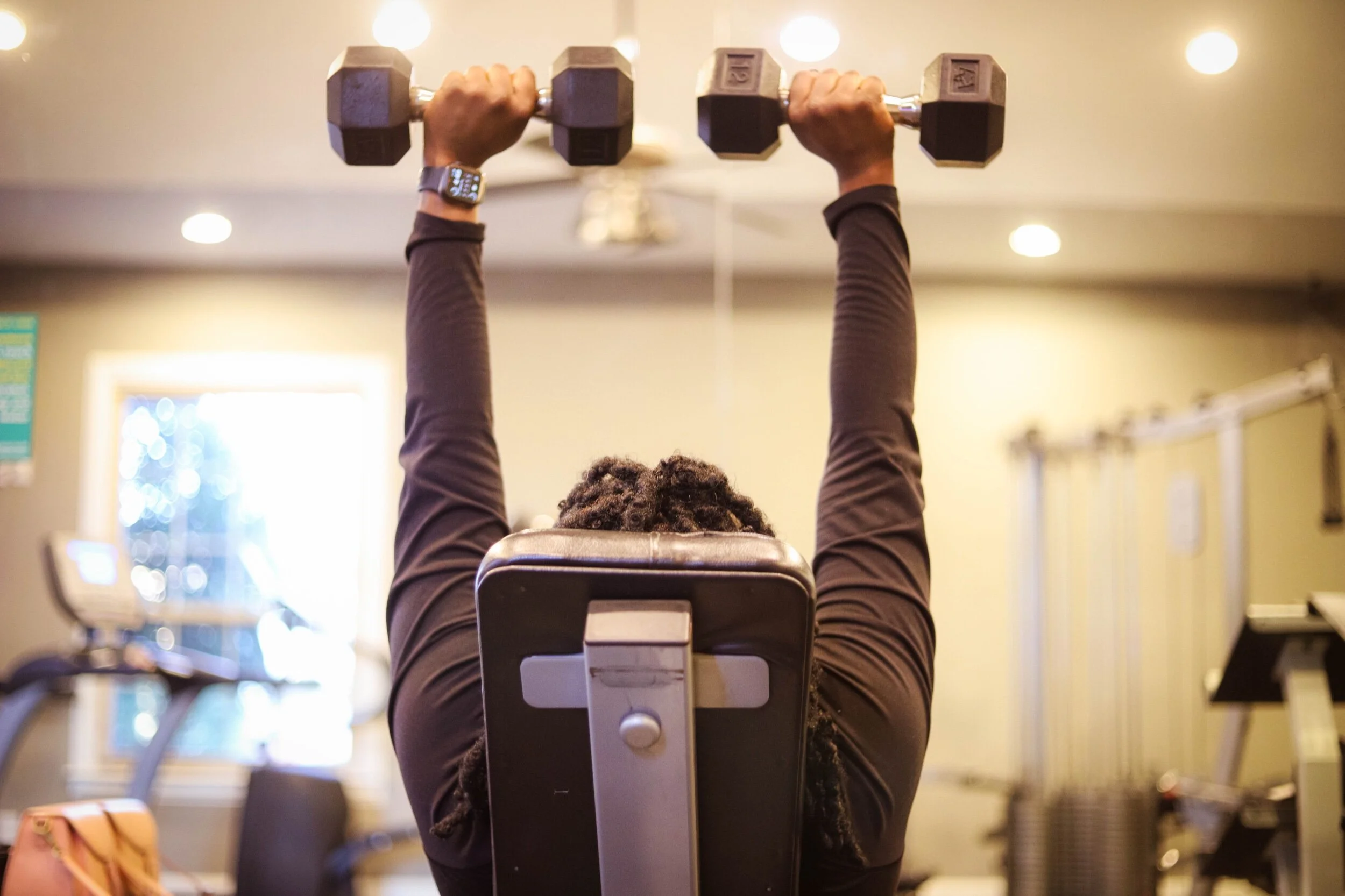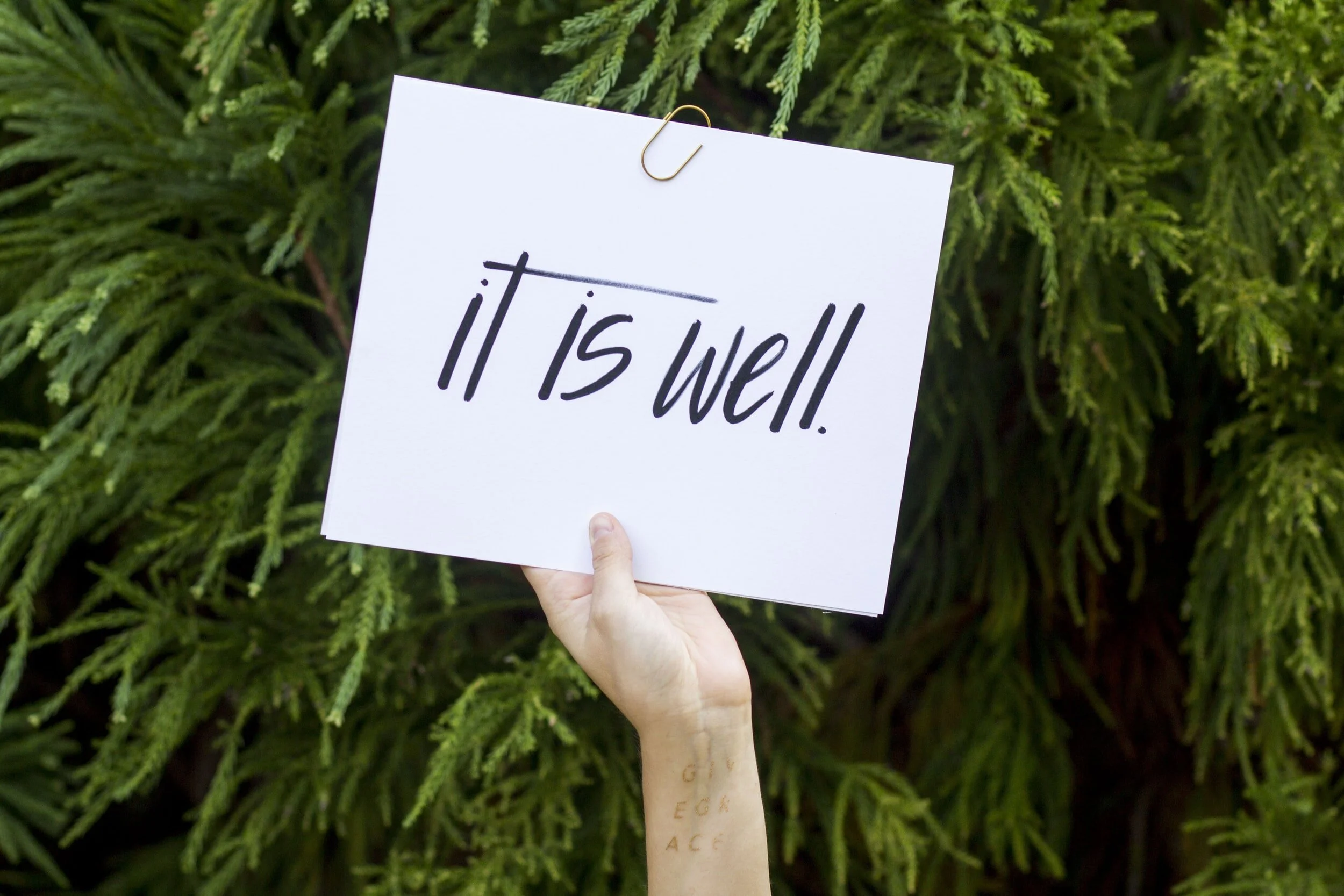Tips for Physical Self Care
When we think of wellness, what typically comes to mind at first is our physical wellness. Physical wellness is maintaining your body through a healthy diet, regular exercise, and establishing healthy habits.
Our body tells us what we need, we just have to tune in and listen! How often have you been unable to concentrate, get a good night’s rest, or just felt out of whack? You probably needed to take part in some physical self-care!
Self-care is an activity we choose to engage in for our mental, physical, emotional, social, or spiritual well-being—the result of which creates a shift in our mental energy.
Benefits of self-care include:
• Increased energy
• Increased immunity
• Improved mood and emotional well-being
• Improved physical health
• Greater ability to care for and be present for others
I had the pleasure of talking with Kay from Kickin’ it with Kay & Clay about how to practice Physical Self-care. Check out our chat below.
Develop a regular sleep routine.
We say that the grind doesn’t stop but it should. Adults need 7-9 hours of sleep each day.
Sleep helps regulate mood, weight, and hormones. It’s the time when our mind and body recover and rebuild. Lack of sleep can increase anxiety and depression and can correlate with high blood pressure.
Drink water.
You should be drinking at least half of your body weight in ounces (oz).
Most of our body is comprised of water and we need it to keep our cells hydrated and to flush out toxins. Proper hydration also helps balance your weight, improve your skin, minimize joint pain, improve your mood, and relieve headaches.
Also, sometimes when we think we are hungry we are actually thirsty. Try grabbing some water first before going for a snack or a meal to see if that soothes you.
Partake in regular exercise.
30 minutes per day or 150 minutes per week.
Exercise releases stress, regulates hormones, and strengthens our joints, bones, and muscles. It greatly increases our quality of life.
You release endorphins (reduce perception of pain, trigger positive feeling), dopamine, serotonin which play a major part in regulating your mood.
If you are new to exercise and trying to build a habit, start off with something small like going for a walk for 15-20 minutes a day and then gradually work your way up.
Aim for a healthy diet.
Try to eat a balanced diet every day complete with the proper servings of fruits and vegetables.
Minimize sugars, starches, and salts. Not eating healthy can lead to physical discomfort (bloating, irritable bowel syndrome, GERD, hypertension, diabetes).
Choosemyplate.gov provides resources and tools to help you make healthier food choices.
Take a breathing and stretching break.
The simple act of breathing and stretching can calm an anxious mind and relax a tense body in no time. 5 minutes of mindful meditation is great for recentering and releasing stress. You can practice on your own or by using a meditation app like MyLife (formerly Stop, Breathe, Think).
Breathe in an uplifting or calming essential oil.
Lavender, peppermint, wild orange, and grapefruit are some great options.
I love the diffusing the Young Living blends Valor, peace and calming, and stress away.
Have a spa day.
Get a massage, take a pampering bath, give yourself a facial.
Curious about how you can put some of these tips into practice? Let’s talk about it!
Book a free wellness consultation today to discuss your goals and how I can help you accomplish them.
Related Posts
Connect with me on social media!
Follow & Subscribe.
Featured Posts.





